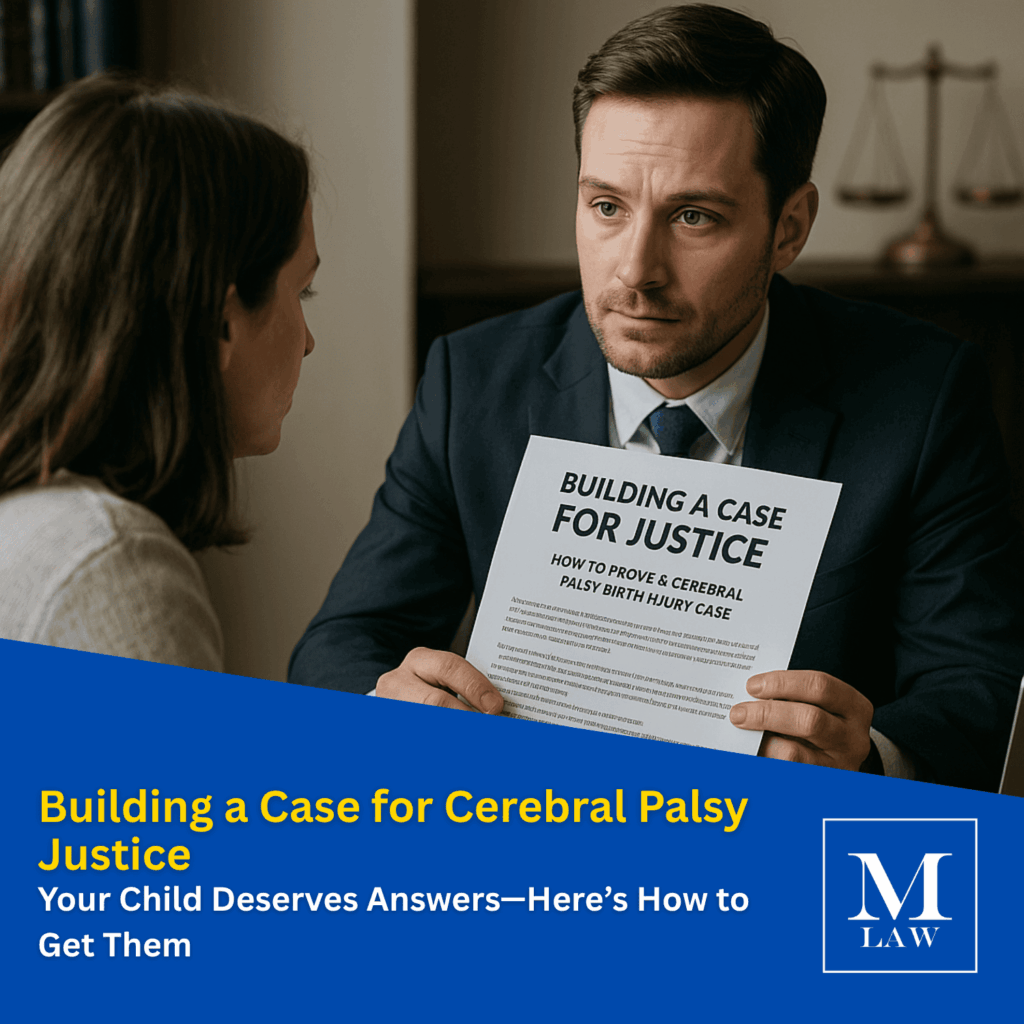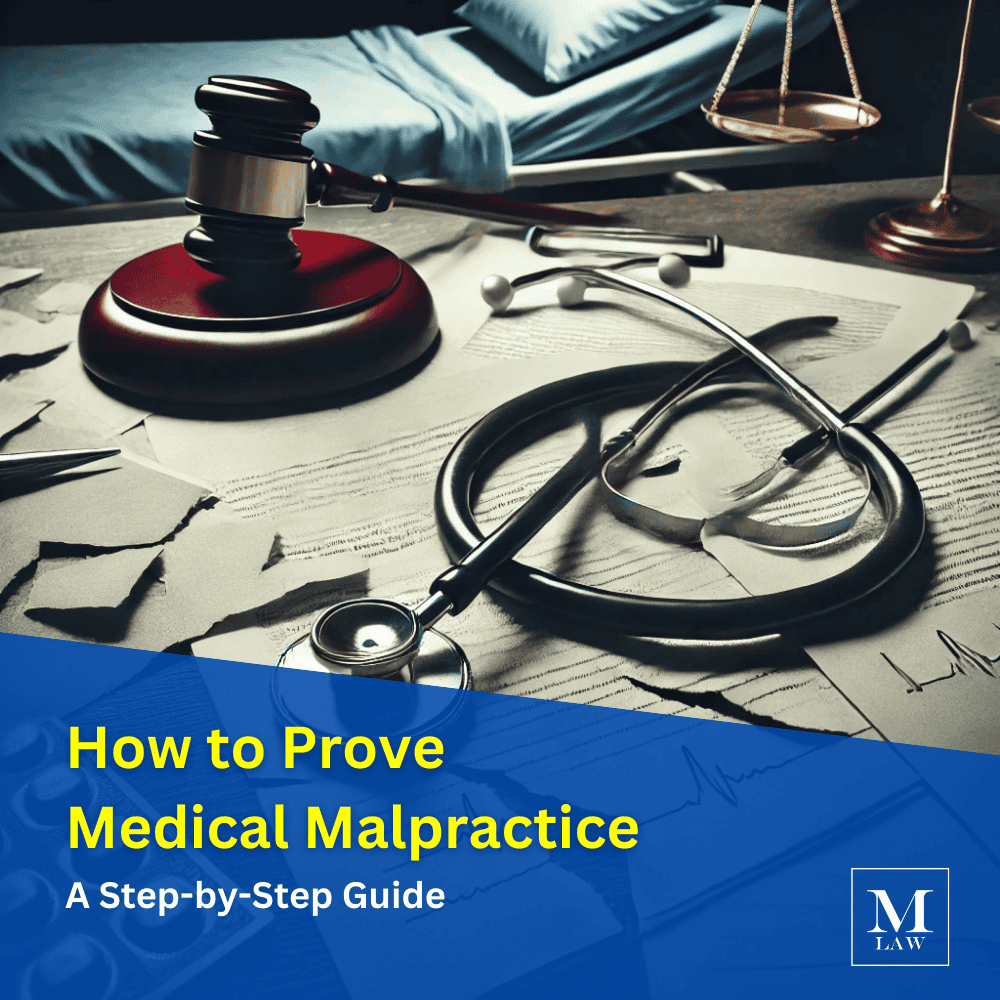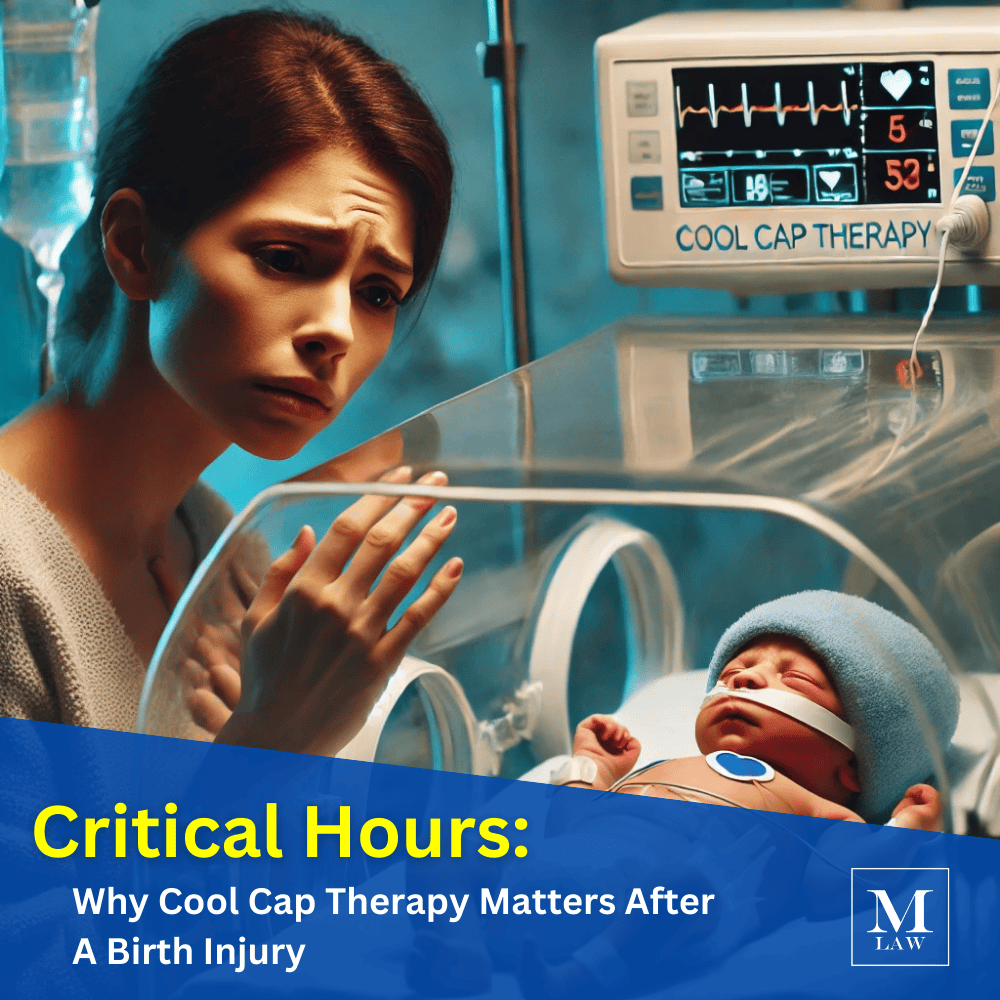No, a medical error does not always mean negligence. Medical errors can occur for a variety of reasons and may not necessarily be the result of negligence or wrongdoing. However, if a medical error is the result of negligence or a failure to adhere to accepted standards of care, it may be considered medical malpractice. In order to determine whether a medical error was the result of negligence, it would be necessary to carefully review the circumstances surrounding the error and assess whether the healthcare provider involved acted in a way that fell below the standard of care.

What is considered a medical error?
A medical error is generally defined as any preventable event that may cause or lead to inappropriate medical treatment or a failure to provide appropriate medical treatment. Medical errors can occur at any stage of the healthcare process, including during diagnosis, treatment, aftercare, or while prescribing or administering medication. Examples of medical errors include prescribing the wrong medication, administering the wrong dose of medication, making a wrong diagnosis, performing the wrong surgical procedure, or failing to follow-up with a patient after treatment. Medical errors can have serious consequences, including injury or death, and can be caused by a variety of factors, such as inadequate training, lack of communication among healthcare providers, or system failures.
Examples of Medical Errors
Here are some examples of medical errors that could be considered negligent:
- Prescribing the wrong medication or the wrong dosage: If a healthcare provider prescribes a medication that is contraindicated for a patient’s medical condition or that interacts negatively with other medications the patient is taking, this could be considered a negligent medical error. Similarly, if a healthcare provider prescribes an incorrect dosage of a medication, this could also be considered a negligent medical error.
- Making a wrong diagnosis: If a healthcare provider fails to accurately diagnose a patient’s condition or delays in making a diagnosis, this could be considered a negligent medical error if it results in harm to the patient.
- Performing the wrong surgical procedure: If a healthcare provider performs the wrong surgical procedure on a patient or operates on the wrong body part, this could be considered a negligent medical error.
- Failing to obtain informed consent: If a healthcare provider fails to obtain informed consent from a patient before performing a medical procedure or administering treatment, this could be considered a negligent medical error. Informed consent means that the healthcare provider has provided the patient with all relevant information about the procedure or treatment and the patient has understood and agreed to it.
- Failing to follow-up with a patient after treatment: If a healthcare provider fails to follow-up with a patient after treatment or to monitor the patient’s progress, and this failure results in harm to the patient, this could be considered a negligent medical error.
It is important to note that in order for a medical error to be considered negligent, it must have resulted from a failure to adhere to accepted standards of care and must have caused harm to the patient.
What is not considered a medical error?
It is not uncommon for healthcare providers to encounter unexpected or unpredictable outcomes, even when they have exercised reasonable care and skill. In such cases, the outcome may not be considered a medical error.
For example, if a patient has a rare or complex medical condition that is difficult to diagnose or treat, and the healthcare provider does their best to manage the condition but the patient’s condition does not improve or worsens, this would not necessarily be considered a medical error. Similarly, if a patient experiences an adverse reaction to a medication that is known to have certain side effects and the healthcare provider has warned the patient about these potential side effects, this would not be considered a medical error.
In general, a medical error occurs when a healthcare provider fails to follow accepted standards of care or makes a preventable mistake that causes harm to the patient. It is important to note that determining whether a particular outcome was a result of a medical error or not can be complex and may require a thorough review of the circumstances and evidence.
How do medical malpractice lawyers determine if an error was malpractice?
Medical malpractice lawyers use a variety of methods to determine whether an error was the result of medical malpractice. Some of the steps that a medical malpractice lawyer may take to investigate a potential case of medical malpractice include:
- Reviewing the patient’s medical records: The lawyer will carefully review the patient’s medical records, including records of the patient’s diagnosis, treatment, and any follow-up care.
- Consulting with medical experts: The lawyer may consult with medical experts in the same or a similar field as the healthcare provider being accused of medical malpractice. These experts can provide their professional opinion on whether the healthcare provider’s actions or omissions fell below the accepted standard of care.
- Assessing the patient’s damages: The lawyer will consider the extent of the patient’s injuries and the impact that the medical error has had on their life. This can help to determine whether the patient has a valid medical malpractice claim and, if so, the amount of damages they may be entitled to.
- Determining the viability of the claim: The lawyer will consider the strength of the evidence and assess the likelihood of success in pursuing a medical malpractice claim. This can help to determine whether it is worth pursuing a legal action.
If you believe that you have a medical malpractice case, call Merson Law PLLC today, or fill out our contact form, to have your case reviewed by our expert team of medical malpractice lawyers. You may be entitled to financial compensation for damages that resulted from this malpractice.








